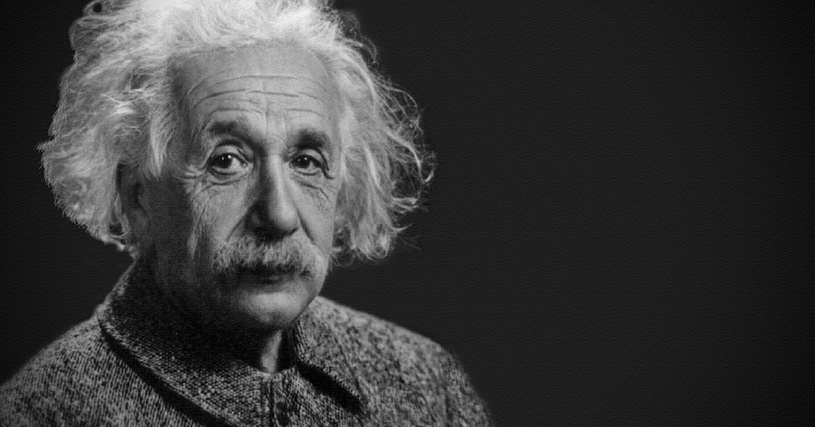Top 10 most popular subjects
|
It instils fear into some of the toughest, and yet it's vital for most people seeking a university place or high level employment to gain a decent grade of maths, particularly at A-level. It's a complex subject and can be confusing for many, but the bespoke approach from private tutoring will make it easier to understand, even making the whole process enjoyable! Maths is a wide-ranging subject ,and the range of tutoring goes from basic arithmetic, counting and basic geometry, through to basic algebra, geometry and measurement, and then pre-calculus, calculus and trigonometry. For those taking the subject even further, there's college and advanced maths – logic, number theory, statistics and other advanced mathematics courses. |
|
Alongside maths, A-level English is usually required to gain entry to a university. English is one of the foremost languages spoken both in business and otherwise, with one in four people worldwide speaking English at an advanced level. It's necessary for good communication, and the more advanced English subjects also equip students with beneficial ancillary skills through learning, such as critical thinking, thoughtful discussion, reasoning, creativity, and much more. Of course, it’s not just about grammar and puntuation. English literature is a vast and vital subject, useful in media, the arts and the creative industries. The range of tutoring covers vocabulary and grammar – conjugations, spoken and written grammar, and contextual grammatical applications across different contexts; interaction – one-on-one conversation, group discussion, and written versus spoken communication; reading and writing – basic sentence structure, advanced essay writing, research and advanced novel reading. |
|
While there are stories of the decline in people following a career path in the physical sciences, they're important in daily life. Students gain valuable skills in problem-solving, logic, reasoning, and theoretical thought. The physical sciences are mandatory in many stages of student education and are integral to our understanding both of the world we live in and the larger universe. Students often seek help on these subjects, due to their more abstract nature and the difficulty in retaining facts. This is undoubtedly one of the subjects that benefits from one-to-one tutoring. So the subjects covered in the physical sciences are: physics – motion and forces, heat and energy, and gravity and relativity; chemistry – introductory chemistry, biochemistry, organic chemistry and physical chemistry; earth science – geology, meteorology, oceanography and geophysics; astronomy – astrophysics, astrobiology and planetary science. |
|
French is the international language of the visual arts, dance, architecture, theatre, fashion and haute cuisine. Learning French increases cultural appreciation, improves memory recall and boosts creativity so that one-to-one French instruction with tutors is in high demand. There are additional important skills that can be gained through the study of language, such as better problem solving and cognitive skills, and studying French allows students to take advantage of opportunities in the Alps and the Pyrenees, as well as countries like Canada, Switzerland, Luxembourg and Belgium. Let's not forget that, due to the Norman Conquest of 1066, French is very much part of us, and learning the language gives the ability and encouragement to learn other languages. |
|
German is the most widely spoken native language in Europe, and if you wish to work in the United States, knowing German can give you great advantages, since German companies account for 700,000 jobs in the US. A second language is a good investment because it helps you truly understand the cultural aspects of places you may visit. With careers in Germany thriving in sectors such as the energy industry, you may well want to consider a trip or two to Berlin, Munich or Cologne. Germans have a dominant Internet presence with some 5.8% of websites being written in German. In addition, some 80,000 new books are published in Germany each year. Remember, too, that it costs £9,000+ a year to study in the UK. In Germany? Tuition is free in most universities. |
|
Approximately 30% of words in the English language are of Latin origin, making Italian and english vocabulary quite similar. Fortunately, though, the Italian verb tenses correspond quite closely to the English tense system. Many of the words that English shares with Italian sound similar, such as adjectives like cospicuo (conspicuous), tremendo (tremendous), orrendo (horrendous), innocuo (innocuous), mellifluo (mellifluous), and mendaci (mendacious). Then, of course, where would we be without the restaurant trade, with arrabiata of the spaghetti arrabbiata meaning angry, and the primavera of your pasta primavera meaning spring? And when you eat farfalle (ribbon shaped pasta), you’re eating butterflies. You’ll be able to deal with the panino issue – one panino instead of one panini (which would be like asking for one sandwiches), and two cappuccini instead of two cappuccinos. |
|
Art history
Studying art can have a dramatic effect on our brain activity, with the viewing and fixating on a work of art encouraging us to look at the world in a different way. Empathy, emotion and intelligence come hand in hand with the study of art in its widest sense, and it encourages critical thinking leading to a better understanding of the world through the stories told by works and movements of art. In order to understand certain parts of history, we need to look to the art that was created throughout it. Then there's also the wider understanding of creativity and craft, where study can lead to a better appreciation of all things designed and created. Thought, process, ambition and the end result are things many take for granted but, with the study of art and art history, context and subtext will be discovered. |
|
There was a time when geography was considered that lesson where you were told about Africa and did a lot of colouring in. Nowadays, it has become a topic of increasing importance. Geography helps us understand basic physical systems that affect everyday life – e.g. how water cycles and ocean currents work. Geographical knowledge connects with other subjects, such as biology and history, and can help to gain a better understanding of these topics, as well as sociological issues such as why we live in the cities and places that we do. Studying geography gives us a good idea of why towns and cities were established in certain locations, and why some have flourished more than others. Geography allows us to appreciate our planet and provides insight for wise management decisions about how the planet’s resources should be used. Geography informs us of how to sustainably utilise the resources that are available, as well as help to improve the status of those that are in danger of running out. |
|
The study of history is the study of humanity. How else can we understand the modern world without a deep understanding of what’s gone before? For example, historians (like art historians) study graffiti to gain an understanding of mankind’s similarities, thus allowing for empathy when considering other cultures. The study of history has many benefits within the business world too since, as with philosophy, employers see that someone studying history thinks in a wider sense and wants a deeper knowledge of who we are and why we are. |
|
Information technology is the biggest expanding industry (along with AI). IT, along with software creation and management, is part and parcel of everything we do these days, and there's a skills gap the world over when it comes to technology. Developers, systems analysts, service desks, technical administrators, support engineers – there's so much demand in this work sector. Governments and businesses are seeking skilled IT technicians, especially in digital transformation and cyber security roles. |












